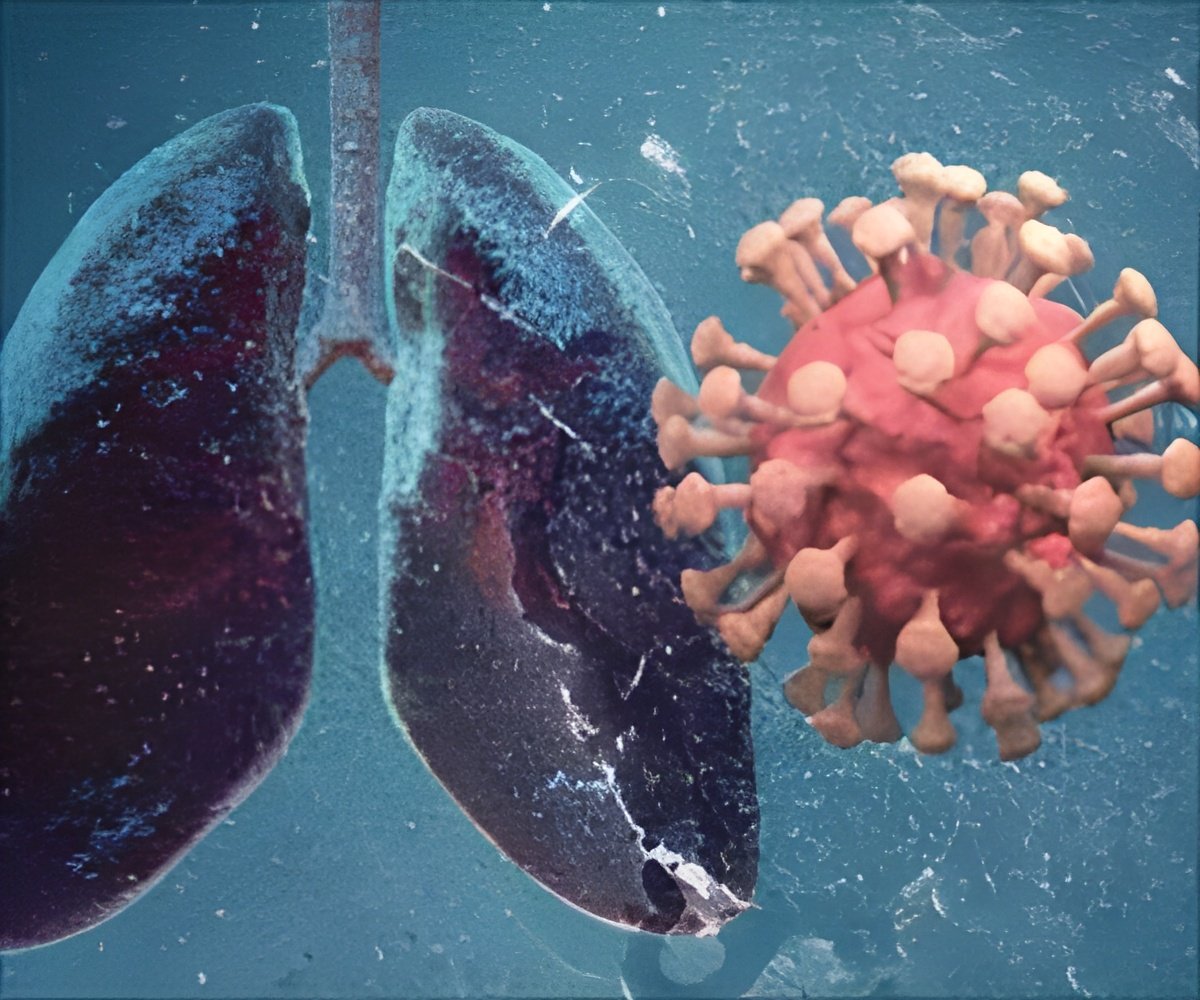Living in high-violence neighborhoods may accelerate lung cancer, as stress responses vary between cancerous and healthy tissues in affected individuals.

Stress from living in violent neighborhoods tied to aggressive lung cancer in Black men
Go to source). The findings are detailed in the journal Cancer Research Communications. The study was designed to address the higher incidence of lung cancer in Black men than in white men, said University of Illinois Urbana-Champaign food science and human nutrition professor Zeynep Madak-Erdogan, who led the research with University of Illinois Chicago School of Public Health health policy and administration professor Sage Kim, the principal investigator of the project. This disparity persists even though, on average, Black men smoke less and start smoking later in life than white men, Kim said.
‘#Cortisol levels linked to #stress may influence #lungcancer progression. Understanding these connections could lead to targeted therapies for better patient outcomes. ’





In another study, Kim and her team found that Black men living in Chicago zip codes with higher violent crime rates had substantially higher levels of hair cortisol — one indicator of chronic stress — than those in areas with less violent crime. Other studies have linked chronic exposure to stress to poorer outcomes in cancer patients, Madak-Erdogan said. But scientists’ understanding of how stress “gets under the skin” to influence lung cancer prognosis is limited.
The newer analysis focused on glucocorticoids, a group of steroid hormones like cortisol.
These hormones bind to receptors that regulate the activity of other genes. Glucocorticoids and their receptors are involved in a variety of key functions, Madak-Erdogan said. They help regulate fetal and newborn lung tissue development, and play a role in metabolism, homeostasis, inflammation and immune function in this tissue.
The researchers first assessed patterns of gene expression in lung cancer tumors and in cancer-free lung tissue from patients who lived in various Chicago zip codes — some with higher or lower levels of violent crime. The team also determined where the glucocorticoid receptors were binding on DNA in those tissues.
Advertisement
The analyses also revealed that, within tumors, the GRs were activating genes for enzymes that degrade cortisol. This accounted for the lower cortisol levels — thus lower GR binding — in the tumors than in normal lung tissue. The lower cortisol levels were likely influencing the overall behavior of the receptors in the lung cancer tumors, Madak-Erdogan said.
Advertisement
The study accounted for other factors, such as environmental risk and poverty, that might lead to worse health outcomes in people living in high-crime areas, Kim said. It found no consistent correlation between poverty or environmental risk and lung cancer in the neighborhoods of interest.
Prior to the new study, scientists suspected that stress hormones played a role in cancer or other health disparities, Madak-Erdogan said. “But we didn’t know the exact role they play, or how they work to drive lung cancer progression. I think this study really crystallizes the idea that it’s not just that individuals in these areas are more stressed. It’s also that their stress responses are dysregulated. There is a direct effect of these hormones on the normal cellular physiology.”
Reference:
- Stress from living in violent neighborhoods tied to aggressive lung cancer in Black men - (https://www.endocrine.org/news-and-advocacy/news-room/2024/endo-2024-press-heath)
Source-Eurekalert















